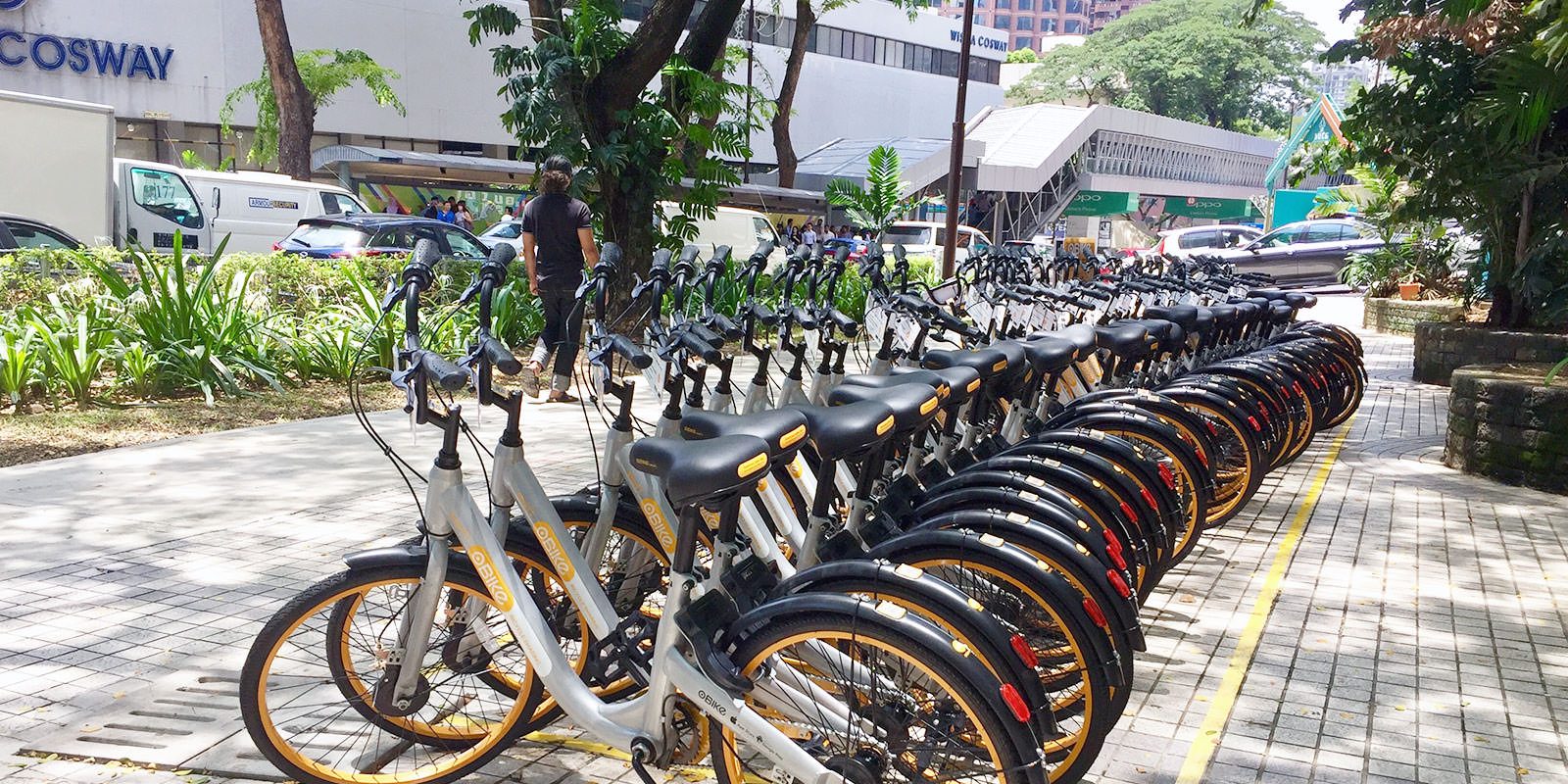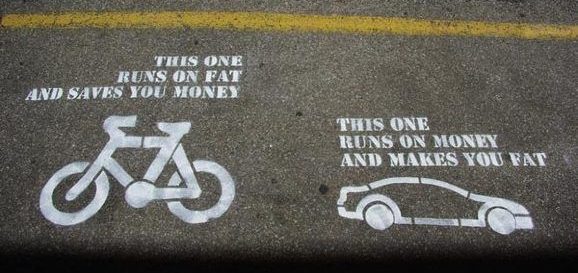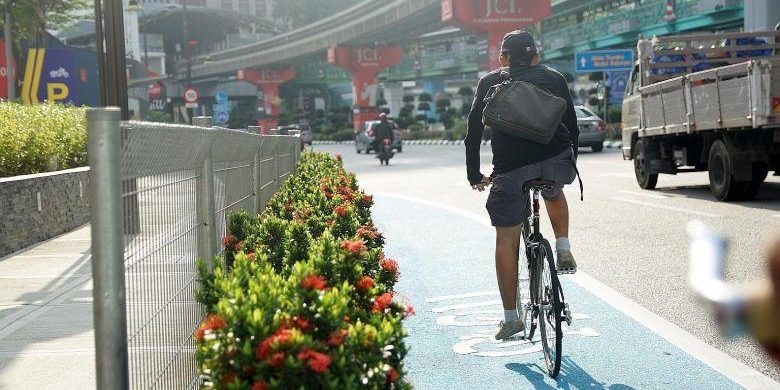Research Finds That Embracing Cycling Over Cars In Cities Can Prevent Over 200,000 Deaths Annually
 Thirsty for JUICE content? Quench your cravings on our Instagram, TikTok and WhatsApp
Thirsty for JUICE content? Quench your cravings on our Instagram, TikTok and WhatsApp

Cycling is one of the most underrated forms of transportation out there. Relatively inexpensive and easy to maintain, it provides a decent leg workout while getting you where you need to go.
Not forgetting the fact that it is completely emission-free, and at a time when environmental issues are becoming more urgent, preferring bicycles over cars can be the key to avoiding a climate catastrophe.

If you needed more convincing, a new study has also found that ditching cars for bicycles can actually save a whole lot of lives – over 200,000 per year, in fact.
“We found that, among the urban populations (20–64 y old) of 17 countries, 205,424 annual premature deaths could be prevented if high bike-use scenarios are achieved by 2050 (assuming that 100% of bike trips replace car trips),” wrote the research published in the journal Environmental Health Perspectives.
“In all the countries and scenarios, the mortality benefits related to bike use (rather than car use) outweighed the mortality risks.”

The figure above is based on the unlikely presumption of a completely car-less society in 30 years, a scenario which seems unrealistic considering the current status quo.
“If only 8% of bike trips replace car trips in a more conservative scenario, 18,589 annual premature deaths could be prevented by 2050 in the same population,” the paper continues.
“We quantified the estimated change in the number of premature deaths (reduced or increased) concerning road traffic fatalities, air pollution, and physical activity (related to car use).”

Conducted by David Rojas-Rueda of Colorado State University in conjunction with the Institute for Global Health in Barcelona, the research makes clear the health benefits of promoting cycling at the societal level.
However, considering it only takes into account cities from 17 upper-middle income nations – the validity of applying these findings onto rural or less developed economies is inconclusive.


 Get Audio+
Get Audio+ Hot FM
Hot FM Kool 101
Kool 101 Eight FM
Eight FM Fly FM
Fly FM Molek FM
Molek FM

